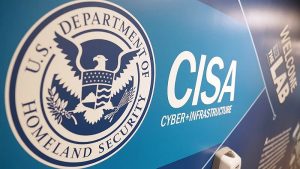A new survey from the National 4-H Council found that tweens and teens believe that generative AI will benefit their education and careers, but that they also have concerns about cheating and privacy. The survey further found that these students want support from adults in learning how to use AI tools correctly and with confidence.
McNeese State University in Louisiana is partnering with Uwill, a mental health solutions provider, to launch a digital mental health and teletherapy tool.
New Jersey’s Montclair State University has named David Chun its new chief information officer (CIO), effective May 1.
The University of Dayton Center for Cybersecurity and Data Intelligence is using nearly $200,000 in grant funding to help prepare schoolchildren against cyber risks, equip police to investigate the dark web, and train the cybersecurity workforce.
The University of California, Irvine (UC Irvine) is deploying a customized generative artificial intelligence (GenAI) solution called ZotGPT Chat.
The Cybersecurity and Infrastructure Security Agency (CISA) has released a new guide for university cybersecurity clinics.
The Missouri Department of Elementary and Secondary Education (DESE) has launched the Missouri Data Visualization Tool (MO DVT), a web-based application that offers reports and analysis on academic performance, including achievement and growth data aggregated by subject, year, and grade.
Ohio Gov. Mike DeWine has launched the ReadOhio initiative, a statewide effort to encourage improved literacy skills for all ages, including the implementation of curriculum aligned with the science of reading in k-12 schools.
New York Gov. Kathy Hochul has approved 59 Smart Schools Investment Plans, which are focused on modernizing school technology and boosting school security.
Western Wyoming Community College has entered into a partnership with Uwill, a provider of mental health and wellness solutions for colleges and students, to increase the college’s existing counseling capabilities for all students.













